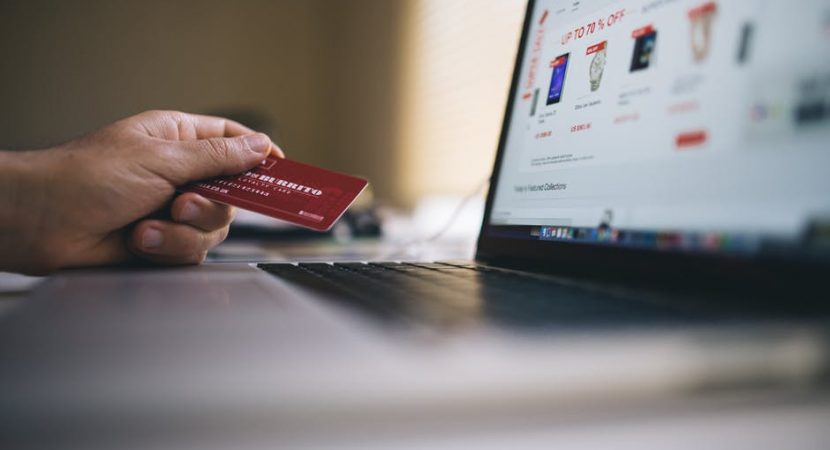Getting your information stolen online and finding yourself in the midst of online fraud isn’t anything that anyone expects will happen to them. Sometimes you can be doing something completely innocent online only to find that suddenly your identity has been stolen or that your entire bank account has been wiped out.
Online fraud happens every day, all too frequently to innocent people. Sometimes it happens to people who take all of the precautions necessary. There is no real way to completely avoid it since you are taking a risk when you give your information out online. However, you can minimize your risks by taking the proper precautions. Here are some of the best ways to lower your risk and avoid online fraud.
Use a Secure Email Service
Using a secure email service is a way to make sure that your emails are encrypted and transferred safely. When you use an email service which is not secure or verified, you are putting yourself at risk to have anything that you send over that network hacked into and accessed.
Use a reputable company like Google, Yahoo, or Hotmail are some of the most popular services since they have been around for years and have secure systems.
Use Reputable Websites Only
Make sure that when you are making purchases online that the website is one that is well known and reputable. If you have a bad feeling about a website it is important to follow your instinct and not take any risks.
Never give any information out like your social security number or anything that falls outside of being just your payment information and address. If a website starts asking you for information that falls outside of these pieces of information then you should definitely not make the purchase.
Don’t Open Attachments From Unknown Senders
If you find yourself receiving an email from someone that you don’t recognize and there is an attachment that seems strange, consider deleting the email altogether. Often these attachments can contain viruses which can install malicious software onto your computer which will in turn take over your computer and hack your information.
If you keep your banking information on your computer or anything else that could put your sensitive information at risk, this could be a serious problem which could cost you an enormous amount of money.
Use Strong Passwords
Choose passwords which are not simple to guess and don’t contain information about you that everyone knows. This means not choosing your birth date, dog’s name, or address which hackers could easily guess.
Try to use a different password for each place that you visit online, and always make sure to change it frequently. Usually every 3 months is a good time to change your passwords.


